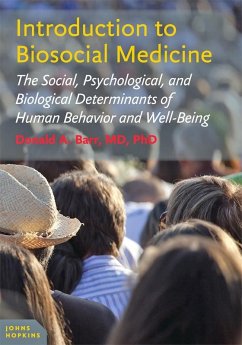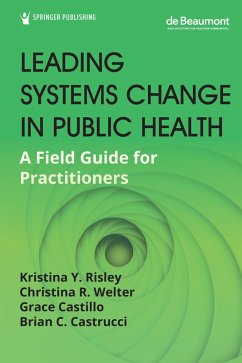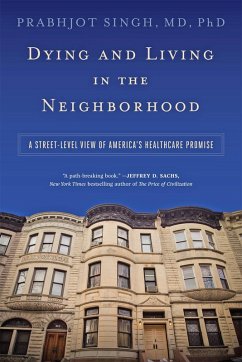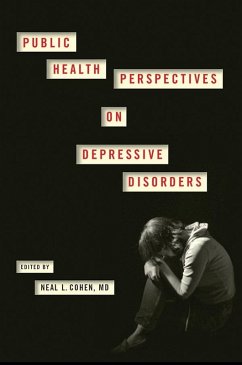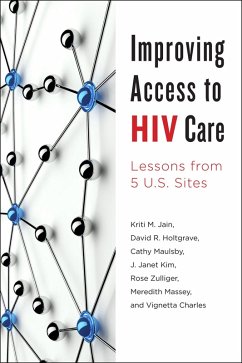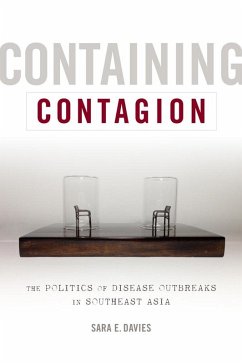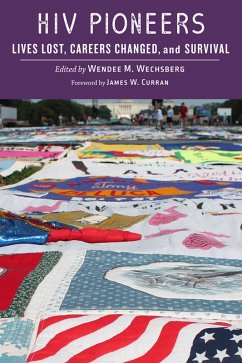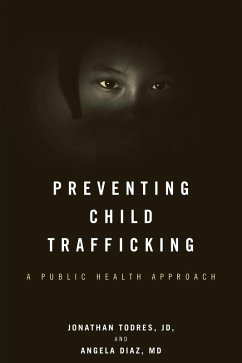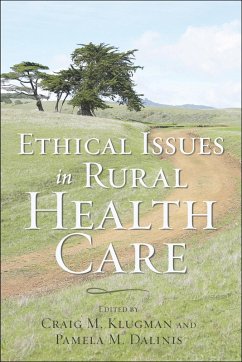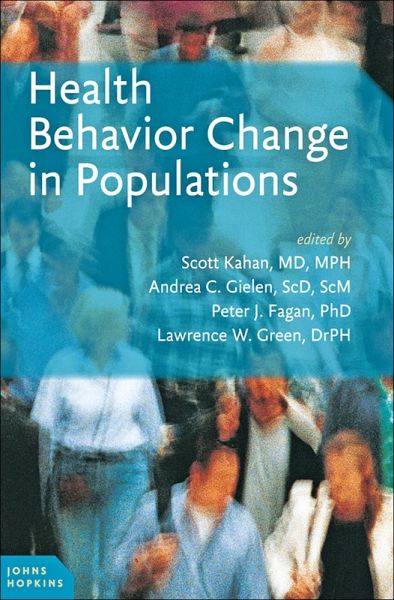
Health Behavior Change in Populations (eBook, ePUB)
Versandkostenfrei!
Sofort per Download lieferbar
39,95 €
inkl. MwSt.
Weitere Ausgaben:

PAYBACK Punkte
20 °P sammeln!
Focuses on today's major public health concerns to teach students the principles of population health behavior and behavior change.The single greatest way to improve health and quality of life is not by developing new medical approaches, but by addressing harmful personal behaviors. These behaviors-which include tobacco, alcohol, and drug use, diet, and physical activity-play a significant role in the risk for and development, treatment, and management of the most common causes of disease, disability, and death in the modern world. Health Behavior Change in Populations is designed to teach stu...
Focuses on today's major public health concerns to teach students the principles of population health behavior and behavior change.The single greatest way to improve health and quality of life is not by developing new medical approaches, but by addressing harmful personal behaviors. These behaviors-which include tobacco, alcohol, and drug use, diet, and physical activity-play a significant role in the risk for and development, treatment, and management of the most common causes of disease, disability, and death in the modern world. Health Behavior Change in Populations is designed to teach students and practitioners strategic principles for creating positive behavioral change on a population level. With an emphasis on the application of theory and research to practice, this textbook presents current and future public health professionals with a range of methods geared towards helping people make healthy choices, from informing the individual to modifying the surroundings and circumstances that drive decision-making. Written and edited by experts in the health professions, the book is arranged into three sections: State of the Field, State of the Science, and Cross-Cutting Issues. The chapters within these sections include learning objectives with boldfaced keywords and a glossary of terms. Each chapter addresses The magnitude of the public health burden Key determinants and conceptual framework for behaviors and behavior change, including individual, familial, interpersonal, community, sociocultural, structural, and political perspectives Current evidence-based interventions and best practices Roles for key stakeholders, including health plans, employers/workplace, health departments/agencies, sectors such as recreational and agricultural, policymakers, community groups/advocates, clinics/clinicians, researchers, and funding institutions Considerations for implementation, evaluation, and translation
Dieser Download kann aus rechtlichen Gründen nur mit Rechnungsadresse in A, B, BG, CY, CZ, D, DK, EW, E, FIN, F, GR, HR, H, IRL, I, LT, L, LR, M, NL, PL, P, R, S, SLO, SK ausgeliefert werden.




